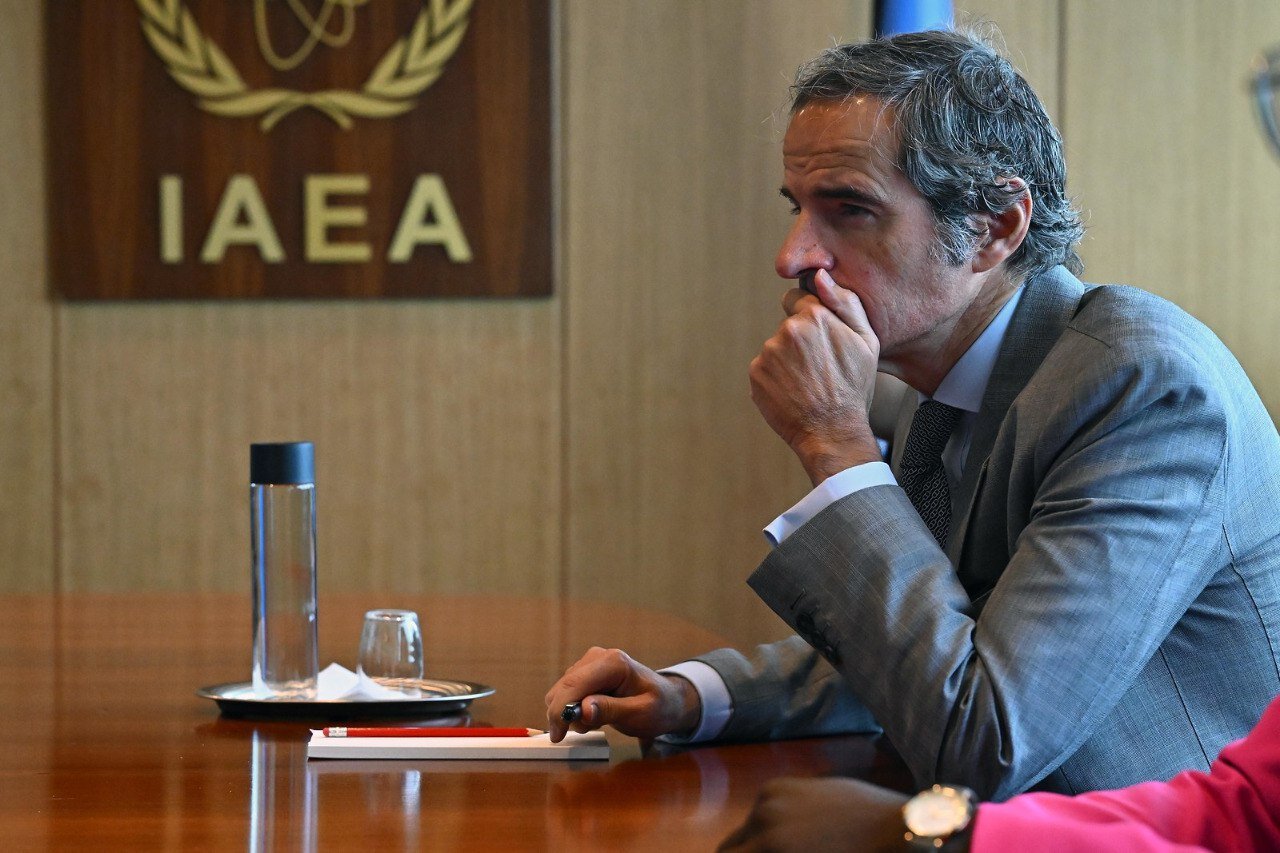Europe forcing Iran out of NPT
As European hostilities continue unabated Iranians question benefits of goodwill and cooperation

TEHRAN – The Europeans’ confrontational strategy toward Iran is a high-stakes gamble they cannot win. Not only is this approach failing to achieve its objectives, but it's also pushing Iran towards drastic measures, including a potential withdrawal from the Non-Proliferation Treaty (NPT), a course of action initially opposed by many within Iran's leadership.
Having initially condemned Donald Trump's 2018 withdrawal from the JCPOA and outwardly pledged support for Iran, Europe has dramatically shifted course in recent years, adopting an increasingly hostile stance towards Tehran. This shift culminated on November 21, 2024, with the passage of an International Atomic Energy Agency (IAEA) censure resolution against Iran, drafted by the European Troika (UK, France, and Germany) – the remaining JCPOA signatories alongside Iran, Russia, and China.
The Joint Comprehensive Plan of Action (JCPOA) was a deal inked in 2015 between Iran and the P5+1 group of countries. It limited Iran’s nuclear program in exchange for the termination of sanctions. The deal has been in shambles since 2018 when Trump unilaterally withdrew Washington and re-instated sanctions against Iran under the “maximum pressure” campaign. Europeans stayed part of the deal despite not being able to take the sting out of the re-imposed U.S. sanctions. Tehran kept complying with all its JCPOA obligations for some time after the U.S. exit, but began to scale back on some of them in 2020 when Europe joined Washington in strong-arming Iran.
Thursday's IAEA Board of Governors resolution marked the fifth time Iran has been censured for alleged JCPOA “non-compliance”. These resolutions consistently demand greater cooperation and access for UN inspectors, yet they completely ignore the West's failure to uphold its own commitments under the agreement. Iran now faces significantly more sanctions than before the JCPOA, suffering a severely damaged economy despite the agreement's promise of economic growth.
The latest anti-Iran IAEA resolution was passed despite Iran having agreed to cap its stockpile of 60%-enriched uranium and accept new inspectors as a preemptive move. While it lacks immediate bite, the resolution is widely seen as a crucial stepping stone towards the activation of the "snap-back" mechanism – a nuclear option set to expire a decade after the JCPOA's inking. This mechanism, enshrined in UN Security Council Resolution 2231, grants the P5+1 the power to reinstate crippling UN sanctions on Iran should they deem it non-compliant. Tehran has no equivalent mechanism to enforce Western compliance with the JCPOA.
Under such circumstances, more and more Iranians are questioning the benefits of continued engagements with the IAEA. While the country’s authorities have announced new measures in response to the latest hostile move by Europe, including the deployment of new advanced centrifuges and expansion of uranium enrichment capacity, an originally unpopular opinion is rapidly gaining traction among the masses: leaving the NPT.
"We're pressured into signing agreements then pressured when we comply and even pressured when the other side violates the deal," remarked an Iranian office worker in his early 30s. "If we're going to face pressure regardless of our actions, what's the point of cooperating? People’s economic woes have only worsened over the years; the Western sanctions are inescapable. But leaving the NPT, and exploring other options, might at least guarantee our security against Western aggression and its proxy, Israel."
Growing Iranian skepticism towards full cooperation with the IAEA fueled by the West's intransigence has also penetrated the top brass within Iran’s leadership. Deputy Foreign Minister Kazem Gharibabadi's stark warning, delivered in a special news interview on November 21, makes this brutally clear. “If the snapback mechanism is triggered, Iran will withdraw from the NPT,” Gharibabadi said adding that the decision was already communicated to Europeans during the late President Ebrahim Raisi’s administration.
Europe may currently be basking in the perceived success of its dual strategy—ignoring its JCPOA commitments while simultaneously pressuring Iran. But they could very soon find themselves at a point of no return, where negotiations with Iran over its nuclear program have been derailed forever.
Leave a Comment